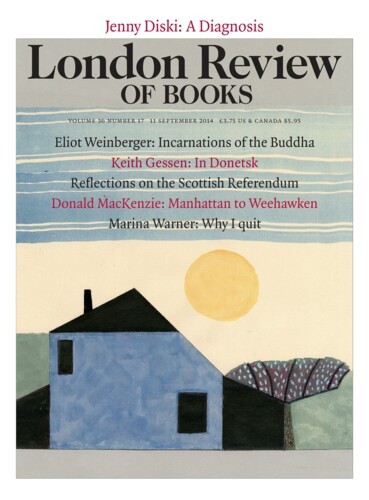Pluviose
There is a kind of sleep that falls
for days on end, the foothills lost in cloud,
rain in the stairwells, rainspots crossing the floor
of the Catholic church
and the sense of a former life
at the back of our minds,
as if the dead had gathered here in shapes
that seemed at least familiar, if not perfect.
As children, we were told they came
for our sakes, bringing secrets from the cold,
the loam on their eyes and hands
a kind of blessing,
but now they are here,
in the creases and lines of our mouths,
speaking through us to friends we have never seen,
or only to the rain, because it sounds
the way it sounded then, when they were young,
setting a ladle aside, or a finished book,
and the world almost come to an end,
when we stopped to listen.
Late afternoon, and further along the canal
the lock-keeper’s prettiest daughter is setting
eel traps in the clockless silt and purl
of waters her mother fished, before marriage and barter,
and though she has been dead for forty years,
she is living the life I lost on the way to school
in the body I failed to grow up in, her hands in the flow
of the river, finding the current
and teasing it loose, like a story, the word by word
of trains running through in the dark, in a seasonless rain,
and the faces in every compartment familiar and strange,
with a sister’s disdain, or a grandmother’s folded smile.
Confiteor
for Michael Krüger
I heard something out by the gate
and went to look.
Dead of night; new snow, the larch woods
filling slowly, stars beneath the stars.
A single cry it was, or so it seemed,
though nothing I had recognised as native;
and when it came again, I knew for sure.
No badger there. No gathering of deer.
Forgive me, if I choose not to believe
the snow would fall like this, were I not here
to see it.
There might be snow, of course, but not like this,
no hush between the fence line and the trees,
no sense of something other close at hand,
my dwindling torch-beam flickering between
a passing indigo and lux aeterna.
I stood a while to listen; nothing moved
– and then I turned and walked back to the house,
the porch light spilling gold for yards around,
snow at the open door and then, again,
that far cry in the dark
behind my back
and deep in the well of my throat
as I live and breathe.
An Essay in Sangfroid
Go to, I’ll no more on’t; it hath
made me mad. I say, we will have no more marriages:
Narrowest of loopholes, love
is not the martyry we took it for
in sleepless adolescence, cobalt blue
as portage, windows
feathered through the night
with tufts of frost.
Had we but known that we so loved the cold
as children
there would be no marriages,
only the little death of going out
at dewfall, shivers
wickering the skin,
a clearing in the woods where, now and then,
we pause for witcheries we only half
imagine, faces
grinning from the dark,
a boyhood walking home, in autumn rain,
chill with the hope of being left untouched.
Send Letters To:
The Editor
London Review of Books,
28 Little Russell Street
London, WC1A 2HN
letters@lrb.co.uk
Please include name, address, and a telephone number.

